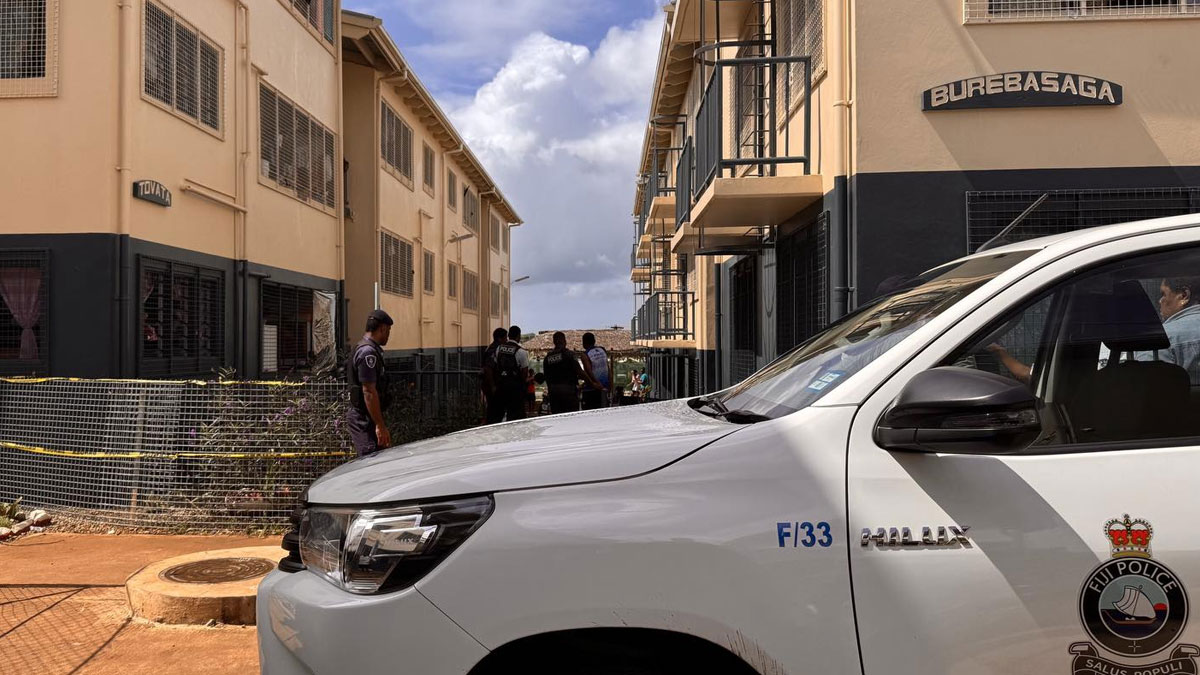
Cabinet has endorsed the development of the National Action Plan for Women’s Economic Empowerment 2024 to 2029.
The People’s Coalition cabinet says the empowerment of women is critical for sustainable development and inclusive growth.
The Fiji Country Gender Assessment confirms that the economic participation of a large number of women in Fiji is inclined towards low paying jobs (where women earn, on average, one third less than men) within the precarious informal sector.
Only 35.2 percent of women are engaged in paid work in the formal sector while they also account for fewer than three in 10 people engaged in paid employment in the informal sector (28 percent).
The labour force participation rate for the age cohort 15 to 64 years is 64.1 percent with a labour force participation rate of 82.6 percent among men compared with 45.5 percent among women.
Cabinet says the gender gap of 38 percent in the labour force participation rate on average, is significant and increases with age.
Nearly three quarters of men who are older than the mandatory retirement age were employed (2019-2020) in comparison with only one third of women aged above the mandatory retirement age.
The report says women with disabilities and members of the Lesbian, Gay, Bisexual, Transgender, Queer, Intersex + community often experience a lifetime of being marginalised that continues into old age.
62 percent of the LGBTQI+ community in Fiji are unemployed and in precarious work.
2 out of 3 young LGBT people aged 18 to 19 years old have experienced homelessness due to their sexual orientation.
18 percent of young people aged 15 to 24 years are not in education, employment or training with young women most affected, at a rate of 30 percent, three times the rate for young men.
However, women outnumber men among students in academic programs at Fiji's universities, accounting for 60 to 65 percent of students and over 50% percent of graduates.
There are over 24,000 Micro, Small and Medium Enterprisess in Fiji that contribute 18 percent to Fiji’s GDP.
About half of these MSMEs are owned by women but only 19 percent of registered MSMEs list women as the owner.
Women-owned businesses are diverse and tend to be concentrated in crowded, low-productivity sectors.
Many women prefer to operate their MSMEs in the informal economy.
The report says whether operating a formal or informal business, women entrepreneurs in Fiji face a range of challenges and constraints that limit their ability to start and grow businesses.
Some of the key constraints include access to finance, limited access to markets, unaddressed training and support needs and societal and cultural attitude.
Cabinet says women’s economic empowerment is measured by their ability to participate equally in existing markets, access to and control over productive resources, access to decent work, control over their time, lives and bodies, and increased voice, agency and meaningful participation in economic decision-making at all levels from the household to institutions.
The challenges faced by women and girls when it comes to effective economic participation have been identified through examination of data and analysis in the Fiji Country Gender Assessment and other sources.
These challenges include the significant burden of unpaid care and work on women and girls, the overrepresentation of women in the informal economy, the issue of bodily autonomy with high prevalence of gender-based violence and limited access to sexual reproductive health rights, the daily impacts of climate crisis, limited knowledge, access and productive use of digital technology and e-commerce, gender biased policies and regulations and discriminatory social norms and behaviour.
Cabinet says given this background, there is an urgent need for the development and adoption of a whole of government Women’s Economic Empowerment National Action Plan.
It says the plan will be developed in partnership with key and relevant stakeholders via an inclusive whole-of-government and transformative, evidence-based approach to address structural barriers that limit women's economic participation in Fiji.
This includes addressing the three interrelated dimensions that shape women's agency and empowerment: their own aspirations and capabilities; the environment that surrounds them which may impose limits and conditions; and the power relations and norms through which they negotiate their path.
The Women’s Economic Empowerment National Action Plan Secretariat includes Civil Society organisations such as the Fiji Women’s Rights Movement, Women Entrepreneurs Business Council, DIVA for Equality and technical experts from the Asian Development Bank and the World Bank.
The Ministry of Women, Children and Social Protection will lead the development of the Plan and will chair the Secretariat.
The Government of Australia will fund the development of the plan.
Stay tuned for the latest news on our radio stations

